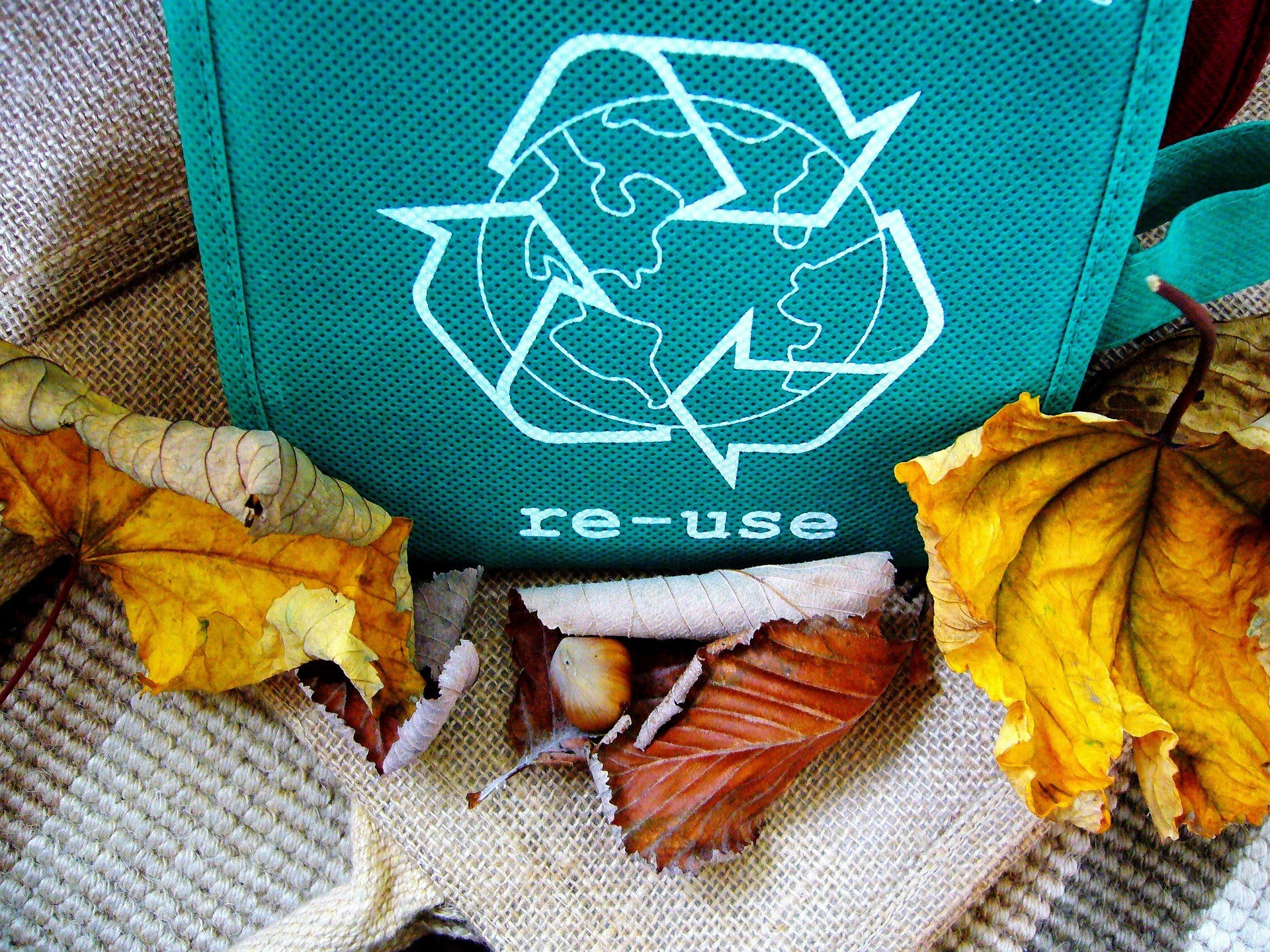Pupils in 60 countries went on strike from school on March 15, 2019, to demand urgent action from the world’s leaders on climate change. Here, a scientist answers teenagers’ questions about climate change, gathered by the Priestley International Centre for Climate at a previous strike in February. You can find more Q&As like this on the centre’s website.
How long is the planet going to last? I heard it was 12 years…
The “12 years” date you’ve heard comes from a special report requested by the United Nations, which looks at the impacts of global warming at 1.5°C above pre-industrial levels. At the moment, the world is 1°C warmer than in the late 19th century: the earliest period for which we have reliable temperature measurements and just before the Industrial Revolution got into full swing.
To avoid global warming above 1.5°C, humanity needs to cut its carbon dioxide (CO₂) emissions to about half of today’s levels by 2030, and to zero by 2050. The 2030 date – 12 years from when the report was released in October 2018 – got a lot of media attention.
Missing the 2030 deadline would make it very difficult to keep global warming under 1.5°C. That temperature is not necessarily safe, but the damage caused by climate change will quickly get worse with higher levels of warming.
At today’s 1°C of warming, there have already been increases in extreme weather events (such as heat waves and flooding), as well as food shortages and effects on food production. Entire species are already going extinct, for reasons related to climate change.
At 2°C of warming or above, rising sea levels, more frequent extreme weather and damaging effects on food and water supplies will make some parts of the world very hard to live in. As a result, it’s predicted that many people will need to leave their homes and become climate refugees, while many millions more people worldwide will be exposed to poverty. What’s more, many species will be lost and virtually all corals will die.
Unfortunately, we are not on track to keep warming below 1.5°C, or even 2°C. If countries hit their existing targets, temperatures will rise by around 3°C – or more than that, if emissions continue to grow.
The planet itself will survive man-made climate change. In fact, it has been warmer, millions of years ago, although the world looked very different back then. Humans are not expected to go extinct – but we will have to learn to cope with a warmer world, and all its challenges. This means cooperating and providing support and resources to vulnerable people.
What would be the most effective policy to end climate change?
No single policy will end climate change, but a very effective strategy would be to quickly phase out fossil fuels such as coal and petrol, which are used to create electricity and power transport. There are many different ways to achieve this goal, and it’s important that leaders choose policies that create good jobs and strengthen communities.
For example, governments need to put money towards safe, reliable, efficient and affordable trains and buses, so people can get around without using cars. Towns and cities should be designed to be more friendly to walking, cycling and public transport. Homes should have good transport links, and be built or modified to be more energy efficient, so that they’re easier to keep cool in the summer and warm in the winter.

International air travel is also responsible for a growing share of global emissions and governments around the world need to work together to come up with a response.
Farming – especially meat and dairy production – also creates a surprisingly large amount of emissions. So, governments should encourage farmers to use sustainable approaches. Agriculture can also lead to deforestation. Since trees remove carbon dioxide from the atmosphere, forests must be protected, and new trees planted.
What’s the single best thing I could do in my life to help the climate?
First, you can find out what your environmental footprint is using this questionnaire from the World Wide Fund for Nature (WWF). The survey gives advice to help you and your family reduce your impact. Research has also highlighted the biggest changes a person can make to help the climate. They are:
- Fly less.
- If you are old enough to drive, challenge yourself to live without a car, or to car-share with family and friends.
- Switching to a vegetarian or vegan diet can reduce your footprint (although it might be better to avoid food waste than to stick to a strict diet).
- It’s controversial, but true: in wealthier countries, having one less child makes the biggest impact of all.

Smaller actions in your daily life can also help. Turning down the heating or air conditioning at home and only heating or cooling the rooms you’re using will save money and reduce carbon emissions. Try to buy less clothing, plastics and gadgets, since it takes resources and energy to make these items.
Make, borrow, swap, buy secondhand or find things for free, and recycle as much as possible that can’t be reused. When you’re old enough, you can also choose to put your money in an ethical bank account, and get electricity from 100% renewables.
Individual changes will only go so far, but remember that your actions can inspire others. Use your voice! Talking about climate change with your friends, family and classmates really helps to raise awareness and drive further action.
This article is republished from The Conversation under a Creative Commons license. It was written by Chris Smith, Research Fellow in Physical Climate Change at the University of Leeds. Header image is by Eric Schuler. You can read the original article here.




